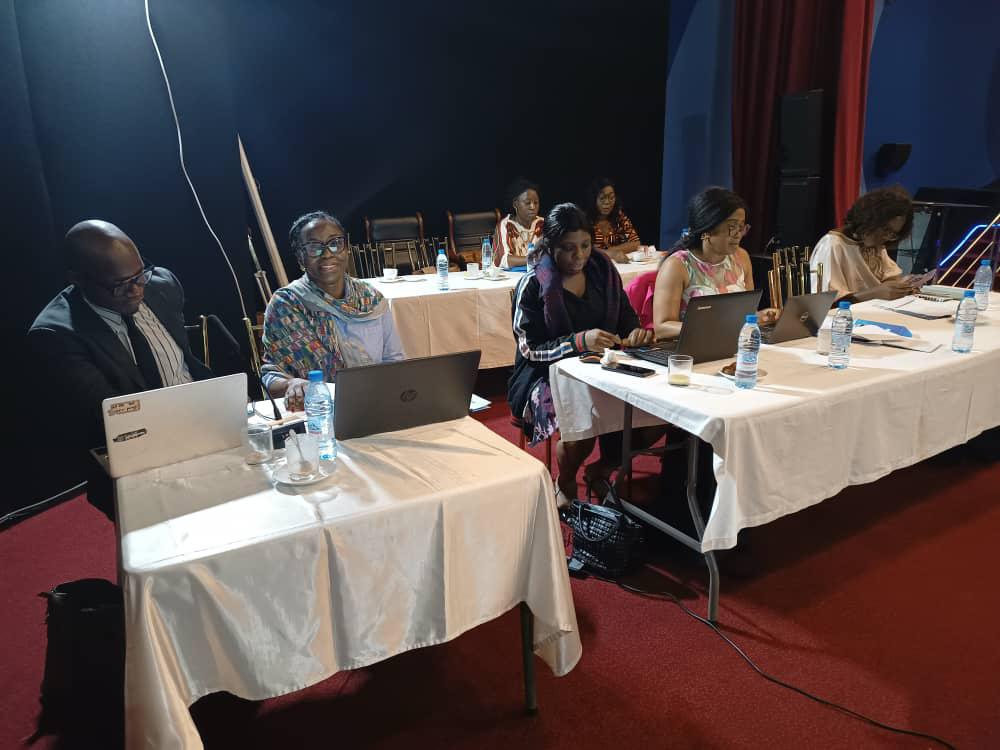Chaired by the Secretary General of MINEE, Mr. Adolphe NJOUKE THOME, the main objective of these workshops was to consolidate at least five application texts for the new law. In terms of water resource management, Cameroon has a legal framework which dates back 25 years, stating that water is a common heritage of the country, managed and protected by the state while facilitating access for all. After all this time, it has therefore become obsolete, in view of the advances linked to IWRM, but also of the socio-economic, environmental and institutional changes that are generating complaints and claims from certain users. A review of Cameroon's national water policy revealed that “water management is not equipped with all the essential legal instruments”.
According to the Secretary General of MINEE, the merit of the text in preparation is to establish a typology of water sources according to whether they are considered as underground, spring or mineral. “This classification has an impact on the exploitation regime, which may or may not be subject to payment of a royalty when the water is taken for industrial or commercial purposes. At the same time, this law lays down rules designed to protect water from all kinds of harm, and establishes a system of liability and penal sanctions”, he declared.
According to Mr. Madi VOUNDOU, Director of Water Resources Management at MINEE, who was also present at the meeting, the revision of the law should make it possible to adapt certain points questioned by water stakeholders. This framework should consider decentralized local authorities in the management of water resources and enable Cameroon to facilitate the transposition of international commitments to which it has subscribed in terms of the management of water resources shared with neighboring countries.
At the end of the second workshop, the draft Water Law was validated, with final modifications to be made by the technical group before submitting to the Head of Government for adoption.
Background
Integrating gender into policies and plans to ensure Gender Transformative Approaches are adopted in the water and climate sectors is at the heart of the AU’s Water, Climate, Development, and Gender (AU AIP WACDEP-G) Program. In Cameroon, the process of revision of the 1988 Water Law by the Ministry of Water has been supported by GWP-Central Africa and GWP-Cameroon through the AIP-WACDEP-G program with funding from theAustrian Development Agency (ADA), since 2022.
A gender needs assessment of the technical committee in charge of revising the Water Law revealed the gender training needs of the members of the committee. To address these knowledge needs, a three-daygender training was delivered by GWP gender experts to the representatives of the Planning, Programming, Budgeting and Monitoring and Evaluation (PPBS) chain of government ministries working in the water-environment and climate sector in late 2022. Further to ensure that efforts to revise the Water Law supported by other development partners consistently adopts a gender transformative approach, the AIP WACDEP-G provided technical tools, knowledge, and expertise to the process. GWP-CAf mobilized funding from GEF through the Lake Chad Basin Commission (LCBC) and co-funding from ADA to organise the first national Water Law revision workshop in 2023.
In a bid to ensure that the revision process continues in Cameroon, GWP-Central Africa solicited financial aid on behalf of the Ministry of Water from the World Bank. A second and third Water Law revision workshop was organized by the Ministry of Water with funding from the World Bank in March and May 2024 respectively, with technical support from the ADA-funded AIP WACDEP-G.
